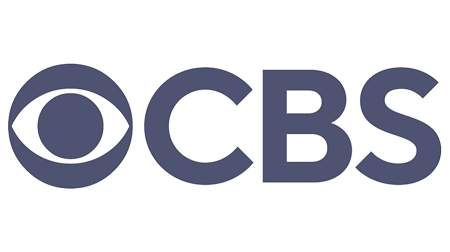The major U.S. stock indexes rose around 1%, with the S&P 500 and the Dow pushing their records slightly higher and recouping the previous week’s modest declines. The recovery seems to be tracking very similar to the recovery in 1994. I will compare what we are seeing to 1994 and break down this week using lyrics from one of 1994’s most popular songs, Fantastic Voyage by Coolio.
Every game ain’t the same but the game still remains
How we work has changed but there are still plenty of jobs. A better-than-expected monthly jobs report on Friday may have eased concerns about the U.S. economic recovery’s resilience amid the recent spike in Delta variant cases. In July, the economy generated 943,000 new jobs—the largest monthly gain in 11 months—as the unemployment rate fell to 5.4%. Average hourly earnings grew 4.0% on a year-over-year basis. Flashback to 1994: Unemployment fell from 6.6% to 5.5% over the course of the year. The drop in unemployment was accompanied by a jump in inflation from 2.3% to 3% and worries that sharply tighter monetary policy would derail the expansion.
Ain’t nobody worried, everybody’s tryin’
Companies continue making money and continue to be optimistic about their futures. Corporate earnings growth is record setting and the continued growth companies are projecting will power the market higher. 87% of the S&P 500 companies that had reported second-quarter results exceeded analysts’ earnings estimates, known as the beat rate. The beat rate is currently the highest ever recorded. The numbers vs. 2020 are not a fair comparison, so let’s look pre pre-pandemic. You often hear me say that stock prices are a function of earnings. Comparing 2021 to 2019 we see S&P 500 earnings are expected to be 31% above 2019’s (pre-pandemic) level. Correspondingly, the stock index (stock prices) are currently 30% higher than where they finished in 2019. That tells me we are not overvalued or void of fundamentals as some have suggested. I continue to view any instances of pandemic panic, inflation/interest rate fear, and debt ceiling debate related volatility as an attractive buying opportunity as the overall trend in the market is higher. Flashback to 1994: The economic expansion continued for five more years, powered by the internet boom in the late-90s. Fed fears initially drove the market down in 1994 but the S&P 500 rose another 248% over the remainder of that bull market that ended in March 2000, in what was for you investments truly a Fantastic Voyage.
I am here to help at any time. If you would like to schedule a phone/web conference appointment, I have included a link to my calendar below and you can self schedule. Please note I am using a new calendar service so please use this calendar link going forward. This new link will allow you to schedule either phone or zoom.





